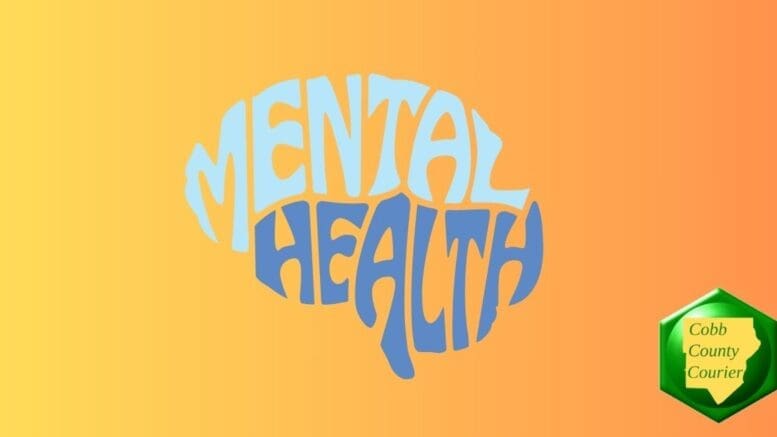By Melanie Dallas, LPC
If you’ve never heard of Bebe Moore Campbell, I want to tell you about her. And if you’re not aware that in 2008 Congress declared the month of July as Bebe Moore Campbell National Minority Health Month, then I want to tell you why. Certainly, having Congress name a month for you – with a unanimous bipartisan resolution no less – is a tremendous honor, but in Moore’s case, it is so much more.
Bebe Moore Campbell is perhaps best known as an advocate who addressed the profound impact of racism on mental health head-on, in a way that had never been done before. Not only did she become a respected and best-selling author, she also founded a chapter of the National Alliance on Mental Illness (NAMI) in Los Angeles, where she eventually settled.
Early in her career, Campbell also had a connection to Atlanta. After finishing a degree in elementary education at the University of Pittsburgh in 1972, she taught in Atlanta public schools. But her teaching career was shot-lived, and in 1975 she moved to Washington DC to become a writer. She began to attract notice, and admirers.
From then on, Campbell wrote extensively about mental health in Black and other marginalized communities, how persistent racism affected mental health, and how the stigma of mental illness in the Black community prevented many from seeking treatment – a problem that exists still – to the detriment of individuals, their families and their communities.
Her writing was ground-breaking and widely published – in the New York Times, Washington Post, and Los Angeles Times, as well as Essence, Ebony and Seventeen, among others. Campbell also appeared as a regular commentator on National Public Radio – which upon her death in 2006 noted that, “Black people could recognize who they were and how they lived in Bebe’s work. It sounded authentic.”
Campbell published her first book, “Successful Women, Angry Men: Backlash in the Two-Career Marriage,” in 1986, and would go on to write many more, both fiction and non-fiction, and children’s books. Among her most acclaimed works are her 2003 children’s book “Sometimes My Mommy Gets Angry,” and her 2005 novel “72-Hour Hold.” Both works explore the impact of mental illness within families; the children’s book won the 2003 National Alliance on Mental Illness Outstanding Literature Award.
Campbell was only 56 when she died of brain cancer in 2006. But because of her work, in 2008 President George W. Bush signed a bipartisan Congressional resolution recognizing July as Bebe Moore Campbell National Minority Mental Health Awareness Month.
Today, nearly 20 years after Campbell’s death, I have to ask how much progress we as a country and community have made – and it seems not as much as we could have. Blacks and other people of color are still less likely to receive treatment for mental health problems for a variety of reasons.
But we also have not made as much progress as we can. The fact is, we can always make life better for those in our communities who are marginalized – and there is much individuals and communities can do as well. As Bebe Moore Campbell understood so well, change can start with a single voice – and it can be yours.
I would encourage everyone to learn more about mental health challenges faced by BIPOC communities (BIPOC is a newer inclusive acronym for Black, Indigenous and People of Color). One of the best resources I have found is the BIPOC section on Mental Health America’s website (https://mhanational.org/bipoc-mental-health/). There you can learn more about the mental health challenges faced by communities of color and how individuals within those communities can make a difference – how all of us can, because everyone can.
As we recognize Bebe Moore Campbell this month, let’s honor her legacy not only with understanding and compassion, but most importantly with action.
Melanie Dallas is a licensed professional counselor and CEO of Highland Rivers Behavioral Health, which provides treatment and recovery services for individuals with mental illness, substance use disorders, and intellectual and developmental disabilities in a 13-county region of northwest Georgia that includes Bartow, Cherokee, Cobb, Floyd, Fannin, Gilmer, Gordon, Haralson, Murray, Paulding, Pickens, Polk and Whitfield counties.
